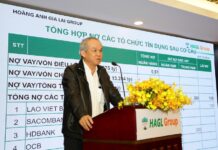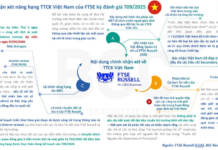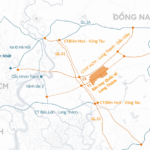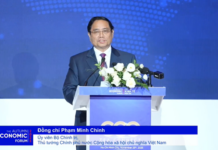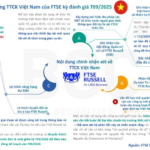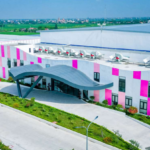Spanning 53 kilometers with an investment exceeding 85 trillion VND, the metro line connects Ben Thanh to districts 1, 4, 7, and the former Nha Be district, crossing the Soai Rap River to reach Can Gio. This project integrates with Ho Chi Minh City’s existing and future urban rail network.
Recently, the Ho Chi Minh City People’s Committee submitted a proposal to the Standing Party Committee of the City People’s Committee, suggesting relocating the starting point to September 23rd Park instead of the Ham Nghi – Le Loi intersection. This adjustment aims to preserve historical landmarks near Ben Thanh Market. The proposal highlights the investment approval dossier for the Ben Thanh – Can Gio metro line, researched and proposed by Vinspeed Railway Investment and Development Joint Stock Company (Vingroup).
Initially, the company proposed extending the line and moving the starting point from Tan Thuan (former District 7) to the Ham Nghi – Le Loi intersection (former District 1). However, this area houses significant landmarks such as Ben Thanh Market, the Fire Station Headquarters, and the Fine Arts Museum. The Department of Culture and Sports emphasized the need for careful planning to ensure these sites’ safety.
In response, a new plan places the starting point within September 23rd Park. From there, the route runs parallel to Le Lai Street along the park, turns onto Nguyen Thai Hoc, and follows Ky Con Street, crossing Ben Nghe Canal. It then shifts northeast along Hoang Dieu Street, turns southeast at Nguyen Tat Thanh Street, and follows the Doan Nhu Hai corridor.
The line continues through Nha Rong Port, merges with Nguyen Van Linh Street near Tan Thuan 2 Bridge, passes through the Nguyen Thi Thap intersection to Tan My Ward, and extends to Can Gio.
The Ho Chi Minh City People’s Committee urges the Standing Party Committee to approve the project promptly to accelerate progress. Detailed route assessments and evaluations will proceed before the final decision.
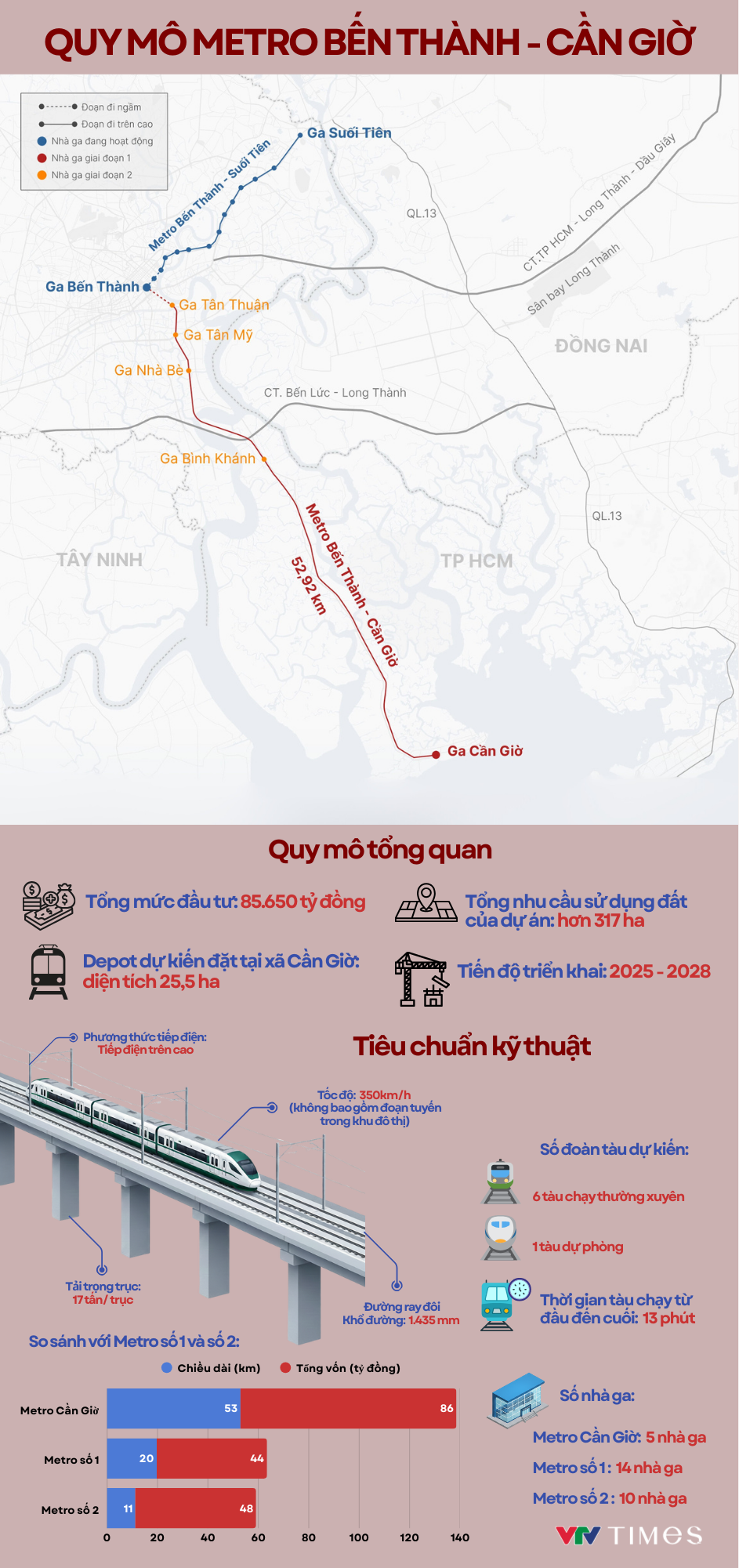
UNLEASHING HO CHI MINH CITY’S POTENTIAL: BREAKING INSTITUTIONAL BARRIERS
Ho Chi Minh City is entering a new phase of development, marked by an expanded scale and ambitious goals. This pivotal moment demands a robust institutional framework capable of addressing bottlenecks and unlocking the city’s full potential for sustainable growth.
Direct Routes to Long Thanh Airport Accelerate Towards Completion
Among these routes, the upgrade project of Ton Duc Thang Road (25B), spanning from the center of Nhon Trach Commune to National Highway 51, is slated for technical completion by late 2025. Its primary objective is to establish a seamless transportation link between Long Thanh Airport and Ho Chi Minh City.
Unusual Price Surges in Ho Chi Minh City Real Estate Projects Under Scrutiny
Ho Chi Minh City is intensifying legal scrutiny, evaluating the conditions for product commercialization, and assessing the transparency of information for real estate projects exhibiting abnormal price surges in recent times. This proactive approach aims to prevent profiteering and market manipulation, ensuring a stable and fair environment for all stakeholders.












